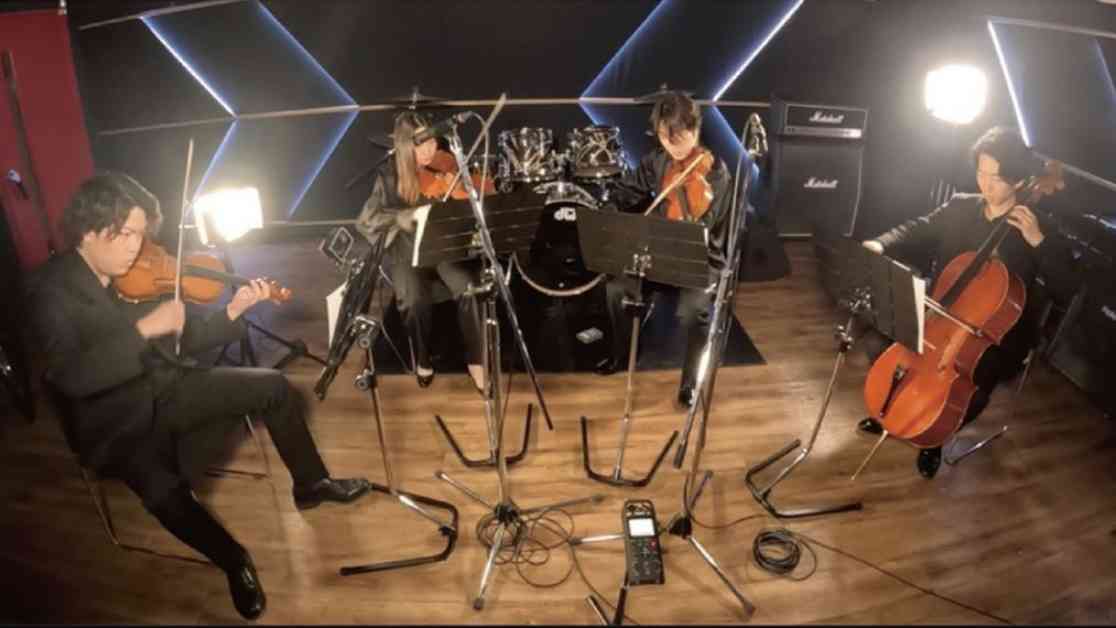A Japanese scientist named Hiroto Nagai, who is also an associate professor at Rissho University in Tokyo, has used climate data from the Arctic and Antarctic to create a 6-minute chamber music composition for a string quartet. The composition, titled “Polar Energy Budget,” was performed by musicians for the first time in 2023, and a video of the performance was released on YouTube two months later. Nagai’s aim with this project was to raise awareness about climate change through art.
The climate data used in the composition covers the last 30 years and includes information on solar radiation, surface temperature, precipitation, and cloud thickness from four weather stations in the polar regions. As the climate crisis continues to cause the melting of ice in these regions, Earth’s energy budget is being disrupted. This imbalance in energy can lead to increased warming and trigger a dangerous climate feedback loop.
To create the music, Nagai used software to convert the data into sheet music. He made stylistic changes and additions to the music to avoid repetitive sequences and ensure that it sounded like conventional music. This process of turning data into sound is known as sonification, and Nagai’s composition is a unique blend of data-derived melodies and free arrangements.
Nagai’s work represents a shift towards using data in art and music, allowing artists to explore new ways of communicating important scientific information to the public. By evoking emotional responses through music, Nagai hopes to engage audiences in conversations about climate change and the urgent need for action.
In a world where the impacts of climate change are becoming increasingly apparent, projects like Nagai’s serve as a powerful reminder of the importance of addressing environmental issues through creative and innovative means. Through music and art, we can deepen our understanding of the challenges we face and inspire positive change for a sustainable future.




